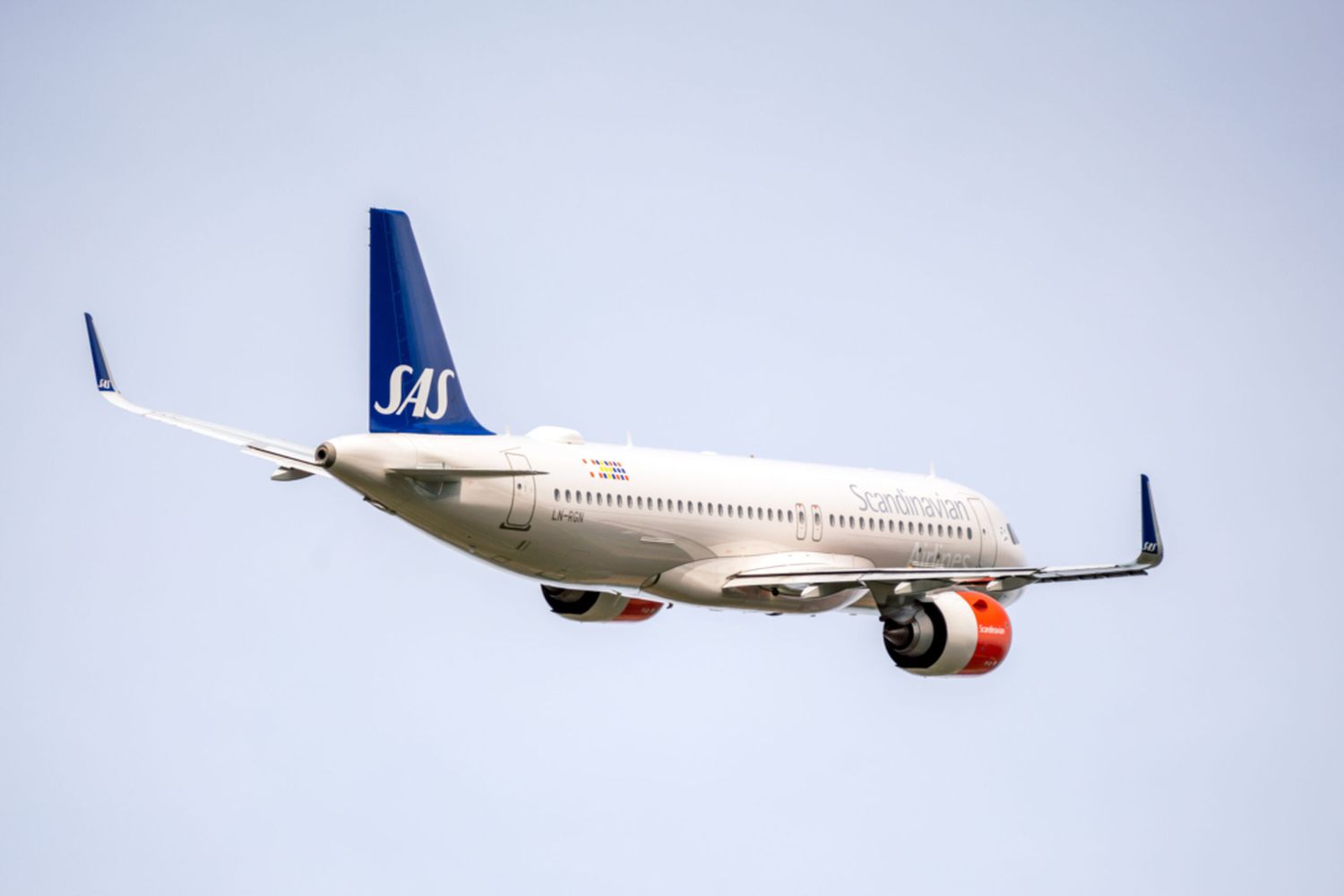EASA’s Vision: AI and Advanced Tech Shaping Safer Aviation
The European Aviation Safety Agency (EASA) has emphasized its focus on enhancing safety, including through the integration of artificial intelligence (AI) and advanced technologies, following discussions held at its recent Annual Safety Conference in Budapest.
Executive Director Florian Guillermet highlighted that the human element will remain central in aviation and that technology, including artificial intelligence, will support safer operations.
Operations with minimum crew
A key topic was the concept of «extended minimum crew operations» (eMCO), where one pilot handles specific phases of flight with the support of a smart cockpit. However, EASA stated that these innovations will only be approved if they clearly improve safety.
«Humans will remain at the center of aviation for decades,» Guillermet stated in his opening remarks. «It is our responsibility to consider how technological advancements, such as artificial intelligence, can help humans make aviation even safer. We must constantly ask ourselves: Is aviation as safe as it can be?»
Emerging risks
The conference panels addressed emerging risks, including GNSS interference near conflict zones and AI’s potential to mitigate runway incursions, referencing a fatal accident that occurred in Tokyo earlier this year.
The discussions also highlighted social pressures, particularly environmental concerns, as drivers of technological advancements to reduce emissions.
The event underscored the importance of having a skilled workforce and called for efforts to attract talent prepared for an evolving industry. The conference, attended by 220 stakeholders, reinforced the need for collaboration among regulators, industry, and experts to address the future of aviation.


Para comentar, debés estar registradoPor favor, iniciá sesión